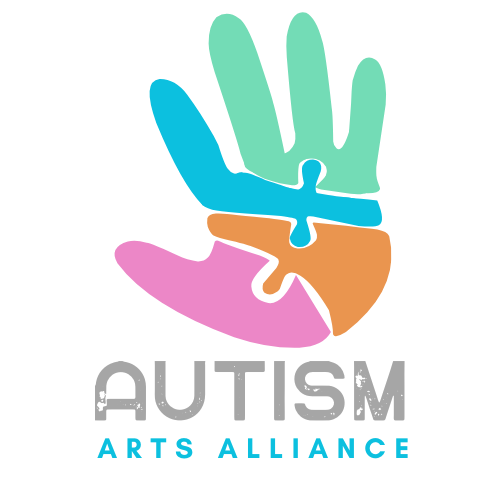We all seek purpose.
It’s what drives us to get out of bed in the morning, to learn, to connect, and to keep moving forward—even on the hard days. But for individuals with autism, the journey to finding a sense of purpose is often more complex… and, in many ways, even more profound.
What Is “Purpose,” Really?
Purpose doesn’t have to mean fame, fortune, or fitting into society’s mold. At its core, purpose means knowing that your life matters—that your presence brings something unique and valuable to the world.
For many autistic individuals, that sense of purpose isn’t found in conventional paths. It’s discovered in their passions, their creativity, their routines, and the people who truly see and support them.
Why Purpose Feels Different for People on the Spectrum
Autistic people often process the world in unique and deeply personal ways. Social pressures, communication challenges, and sensory sensitivities can make the outside world feel overwhelming or inaccessible. That’s why purpose isn’t just a nice idea—it’s a lifeline. It’s the compass that helps navigate a world that doesn’t always make room for difference.
Finding purpose gives someone on the spectrum:
- A sense of control in a world that often feels unpredictable
- A deep emotional anchor in the face of isolation or misunderstanding
- A source of joy, even when the path is nonlinear or unconventional
- A feeling of identity and contribution that builds confidence
Purpose Doesn’t Always Look Like a Job
While employment can be one expression of purpose, it’s far from the only one. For an autistic person, purpose might look like:
- Creating art that expresses what words cannot
- Helping animals or volunteering in quiet, meaningful ways
- Becoming an expert in a specific area of interest
- Bringing structure and care to daily routines
- Inspiring others simply by being authentic and resilient
One person might find purpose in coding. Another in caring for a garden. Another in telling stories through color and canvas.
There’s no single version of success. Purpose is personal.
How We Can Help Autistic Individuals Find Their Purpose
1. Listen to their passions
Instead of forcing someone to fit into a predefined path, ask what lights them up. What brings them calm? What do they return to again and again? Purpose often lives there.
2. Remove expectations—and celebrate the small wins
Not every path needs to be “productive” in society’s eyes. Purpose can be quiet. It can look like progress, even if it’s not linear. It can simply be the feeling of belonging and being valued.
3. Create safe, supportive spaces
Spaces where autistic individuals are free to explore, create, rest, or connect without judgment are key to discovering purpose organically. That’s one of the reasons why we created our Autism Art School—to give that freedom and opportunity.
The Beauty of a Purpose-Led Life
When an autistic person finds their purpose, it shows in ways big and small:
- Their eyes light up.
- Their confidence grows.
- They begin to trust themselves.
- They start to believe: I have a place in this world. I am needed. I am enough.
That’s powerful. That’s healing. And it’s something every human being deserves to feel.
Final Thought: Different Path, Same Meaning
Purpose isn’t one-size-fits-all. And for individuals on the autism spectrum, it might look different—but its importance is universal.
Let’s create a world where we stop asking people to be the same, and instead, start helping them become themselves more fully. Let’s value their version of purpose, however it shows up.
Because when we support someone in finding their purpose, we don’t just change their life—we change the world around them, too.
Everyone deserves a reason to wake up with hope. Let’s help create that reason, one brushstroke, one word, one step at a time.

